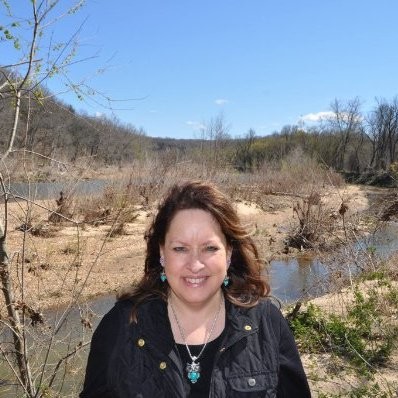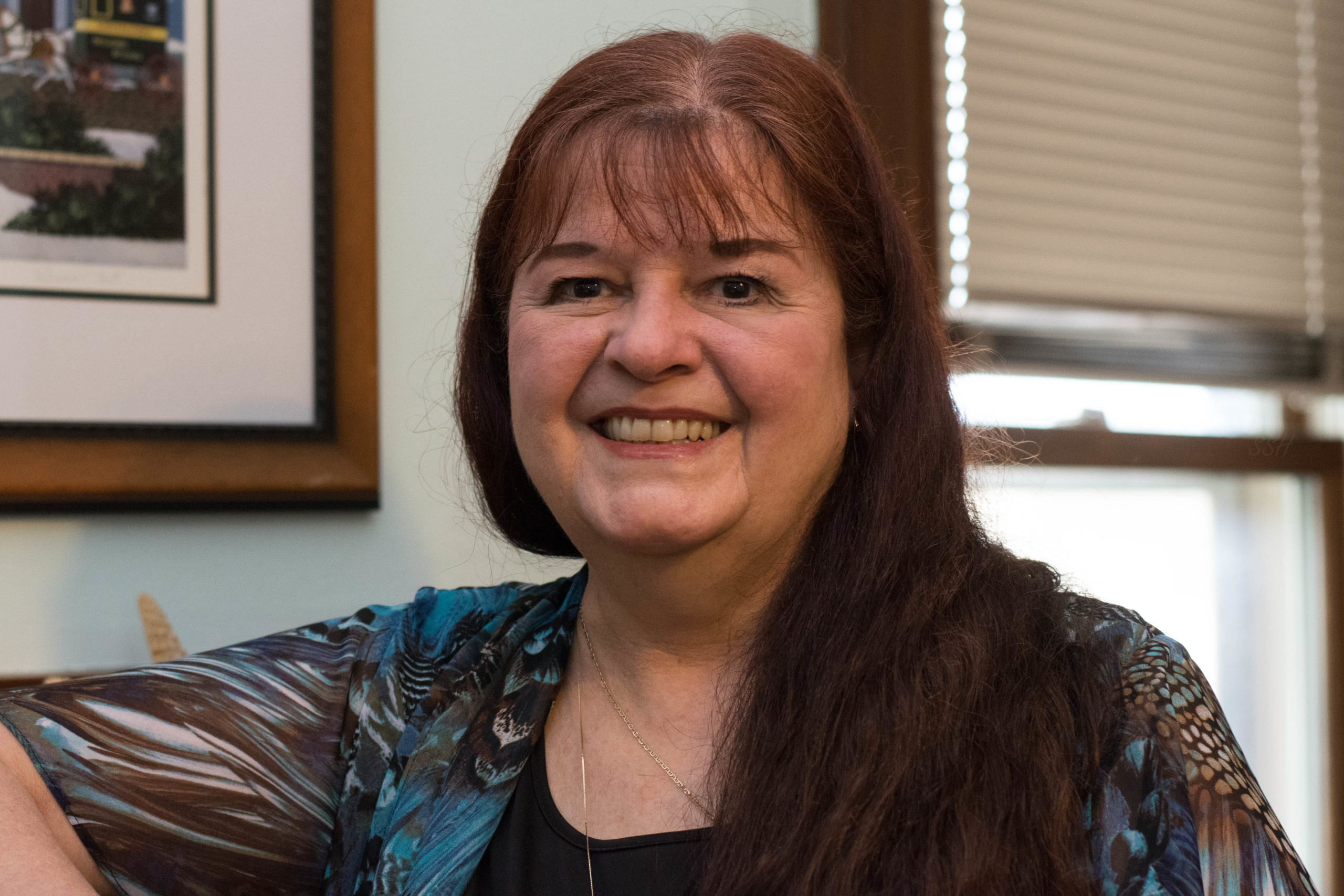When Client becomes Colleague: The Peer Movement and Ethical Considerations
Room
Speaker(s):
Cooley-Bennett, Terri
Description:
Individuals who are former or current clients are obtaining jobs or roles as peers on a more regular basis (Krumm et al., 2022). As clinicians, educators, and supervisors, it is important to be aware of ethical considerations regarding peers in the workplace, who may be former clients. Ethical dilemmas may arise due to the potential for dual relationships. As clinicians, it is important to be compliant with applicable laws and ethical codes, cooperate with agencies and boards, and be ethically responsible. A critical aspect is being client-centered and not harming clients. This workshop will provide an overview of ethical obligations as they pertain to colleagues or peers, ethics, boundaries, and confidentiality. Issues such as vicarious liability will be discussed and potential ethical conflicts that may occur will be examined. Finally, strategic ways of managing ethical conflicts will be examined.
Objectives
1. Provide a brief overview of ethical codes and considerations that pertain to Dual Relationships, Boundaries, and Confidentiality
2. Examine the current research regarding peer support services
3. Define Vicarious Liability


